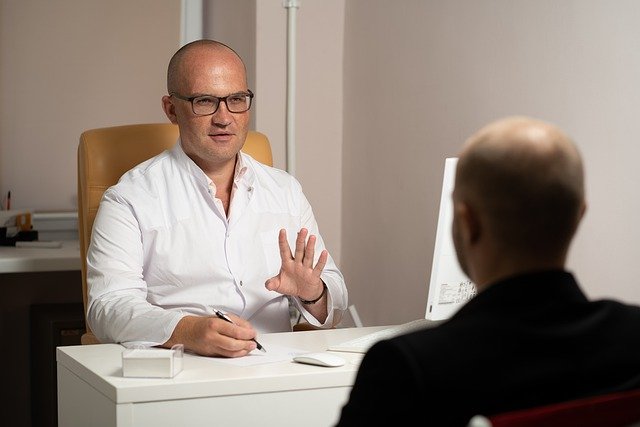
Actos Significantly Decreases Alzheimer’s Risk
Diabetics get a lot more dementia than the average person. Yet diabetics taking FDA-approved Actos get a lot LESS dementia than the average person – 47% less. That’s about half the rate. Find out more.

Diabetics get a lot more dementia than the average person. Yet diabetics taking FDA-approved Actos get a lot LESS dementia than the average person – 47% less. That’s about half the rate. Find out more.
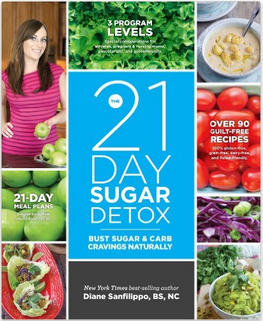
VIDEO + INFO: In a study of 2000 people and 17 levels of blood sugar, the more sugar, the more dementia. Always. “The 21-Day Sugar

PRODUCT OF THE WEEK: 60% of people with Alzheimer’s lose visual capacity and 40% lose weight. A Boston University Alzheimer’s study showed bright red tableware

In a recent study, insulin spray was delivered through the nose to people with Alzheimer’s and MCI. Learn about the memory improvements they achieved.
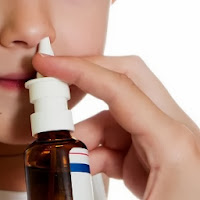
In recent years, the link between insulin and dementia has become widely recognized. People with diabetes develop Alzheimer’s earlier and are more likely to develop

VIDEOS + ARTICLE: Impaired insulin has been long linked to diabetes as well as Alzheimer’s. Learn how two approved diabetes drugs are showing exciting results
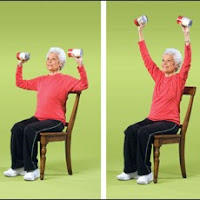
As researchers seek anti-Alzheimer’s pills, the evidence mounts that the best preventative is healthy living. Learn about two advanced studies that deepen our understanding of straightforward ways to

RESEARCH VIDEO – Alzheimer’s International Conference: See NIH-sponsored research exploring intranasal insulin as a potentially strong treatment for dementia.
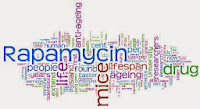
A proven approach to slow the aging process and associated diseases is dietary restriction. New research helps explain the action of a drug that appears

VIDEO & IN-DEPTH ARTICLE More than a decade ago, consumers started avoiding dementia-causing trans fats. Participation snowballed to include companies, then cities. Learn how cutting
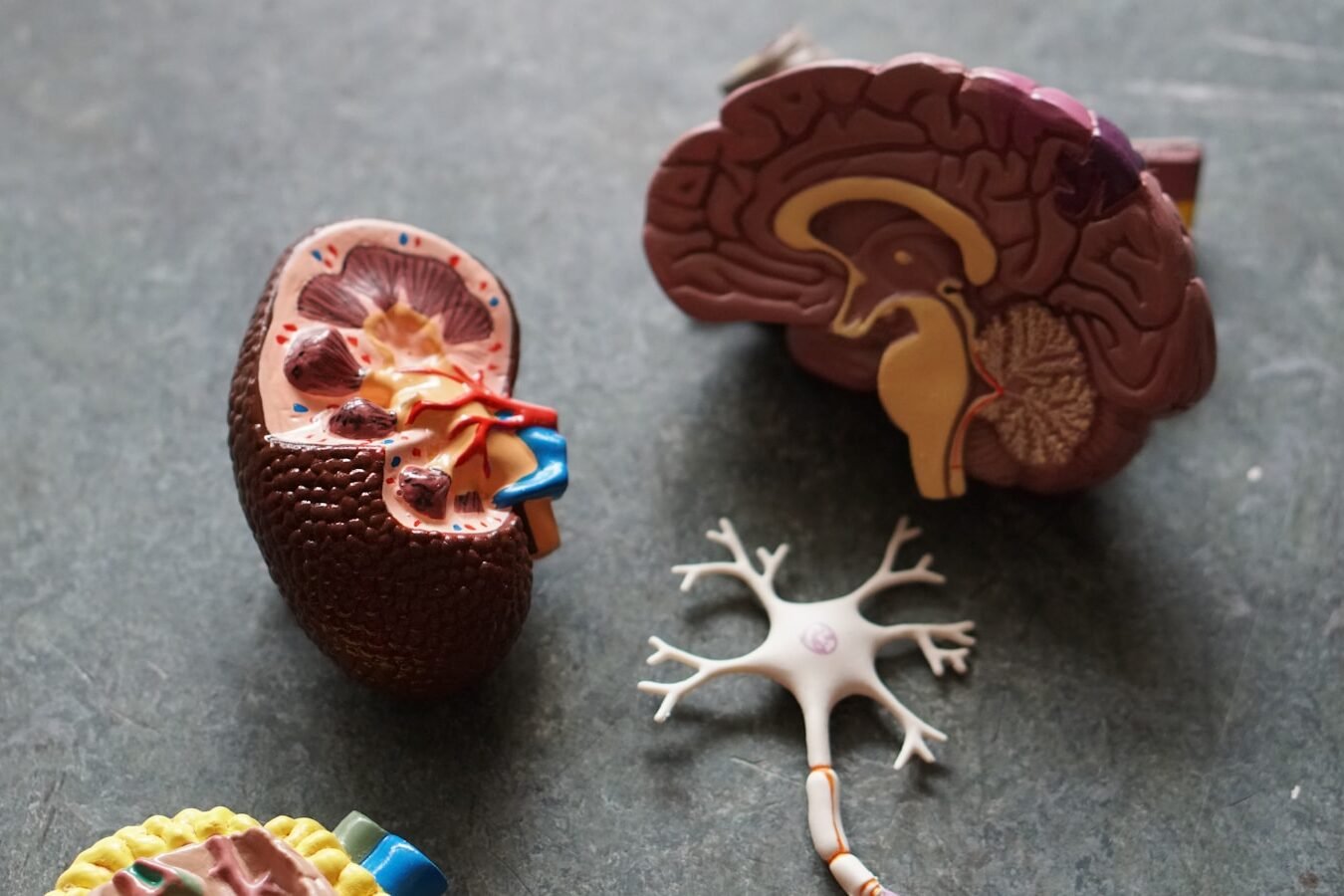
What caregivers should know about interpreting Alzheimer’s biomarkers and kidney function.

DEMENTIA & HOLIDAY PLANS: Relatives with dementia may be frail or have special emotional, mental and physical health needs. Check out these ways to help them enjoy the holiday season.

Three major GLP-1 trials came out in late 2025. One weight-loss drug slowed early Alzheimer’s decline, while two others failed. Surprisingly, this mixed pattern may point the way toward a promising new treatment direction.

Hospital stays with dementia should focus on elder safety. See a special ER for seniors, equipped with brilliant features that speed comfort and care to this population.

Researchers found in a study that people who developed dementia were more likely to have their credit rating drop at least two and a half years before the diagnosis. Some had problems managing their money up to six years before. Find out more.

Researchers find that a diet including more fruit, vegetables, beans and tea or coffee lowers the risk of developing dementia later in life. Learn more.
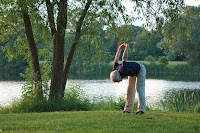
Did you know? Intellectual abilities are increased in the brain by an average 300% in most people ages 60-80.
No spam, only news and updates.

